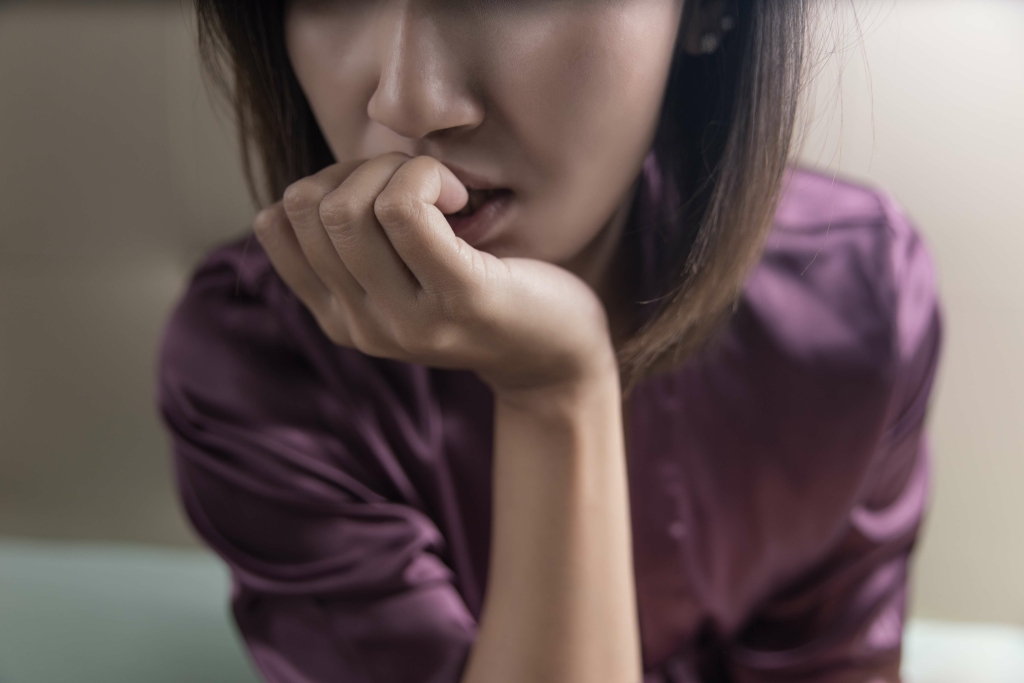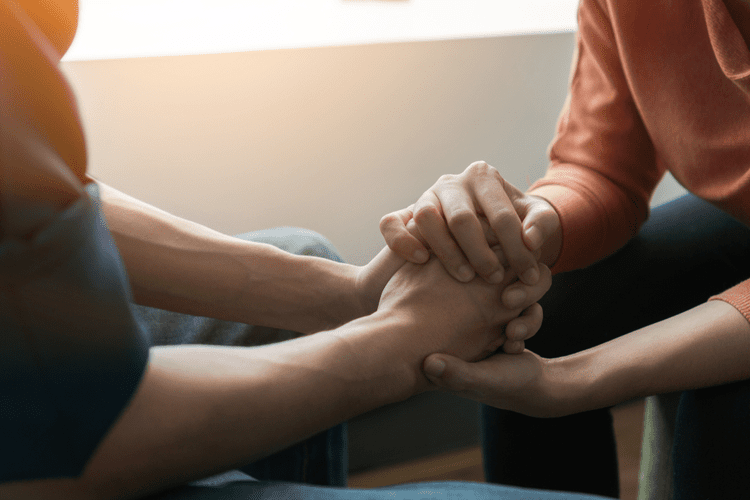Board of Accountancy : License Application Requirements : State of Oregon
November 17, 2021Скачать приложение CapitalProf для торговли: Установка и настройка
June 23, 2022Differences in activity in does alcohol make you sleep longer the fast frequency bands (beta and gamma) duringsleep between alcoholics and controls are less consistent. Feige et al. (2007) reported elevated beta activity in REM and gamma activity instage 2 NREM sleep, but only in data from the adaptation nights, with no differences forsubsequent placebo nights from their drug study. (2002) reported a trend for elevated beta activity in alcoholics across theentire night at baseline that became a significant difference during a recovery nightfollowing a night of partial sleep deprivation. (2009b) did not see any differences between alcoholics and controls in highfrequency EEG activity during sleep. Because these analyses are performed on stable sleepepochs, results suggest that once sleep is attained, it is not necessarily characterizedby elevated fast frequency activity.

Why alcohol makes you feel sleepy
Your liver processes roughly one standard drink per hour, so if you go to bed while your blood alcohol level is still rising or peaking, your brain’s sleep cycle will get disrupted. Well, alcohol increases a brain chemical called GABA, which slows down neural activity and makes you drowsy. But behind the scenes, alcohol tends to suppress REM early in the night, and once it wears off, your brain rebounds, flooding in extra REM that can lead to vivid dreams, restlessness, or that anxious 3am jolt awake. On average, the https://ecosoberhouse.com/ liver metabolizes one standard drink per hour, but this rate can vary.
CBTi as a solution to alcohol-induced insomnia

As blood alcohol levels rise and fall, alcohol exerts different effects on your sleep. In addition to disorders of the circadian rhythm, human beings also exhibit a trait-like preference for their timing of sleep and wakefulness that is called chronotype (also known as morningness-eveningness and circadian preference). Chronotype is a product of both the homeostatic sleep drive and the circadian timing 10. Chronotype can be conceptualized as being categorical (“morning”, “evening”, and “indeterminate” or “neither” types) or dimensional (ranging from extreme morningness to extreme evenigness) in nature. The “evening” type (greater eveningness) individual prefers a later bedtime and a later rise time and has a greater need for sleep. This chronotype is commonly seen in adolescents and those with psychiatric disorders.
What is a Normal Sleep Cycle
By examining the physiological effects of alcohol on sleep architecture, circadian rhythms, and overall sleep quality, we aim to provide a comprehensive understanding of why alcohol and restful sleep are often at odds. If alcohol is consumed before bed, it can initially have a sedative effect – alcoholism treatment making you fall asleep more quickly. This can lead to increased snoring and, in more severe cases, obstructive sleep apnea (OSA). Sleep apnea is a condition where the airway becomes partially or completely blocked during sleep, causing interruptions in breathing. People who suffer from sleep apnea will exacerbate their condition by drinking alcohol, which leads to more frequent and severe breathing disturbances during the night.
